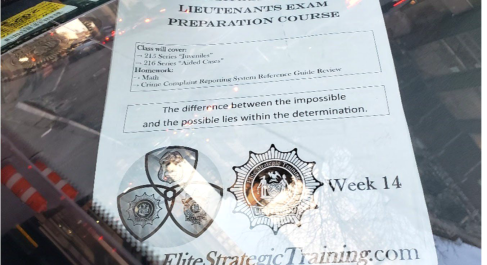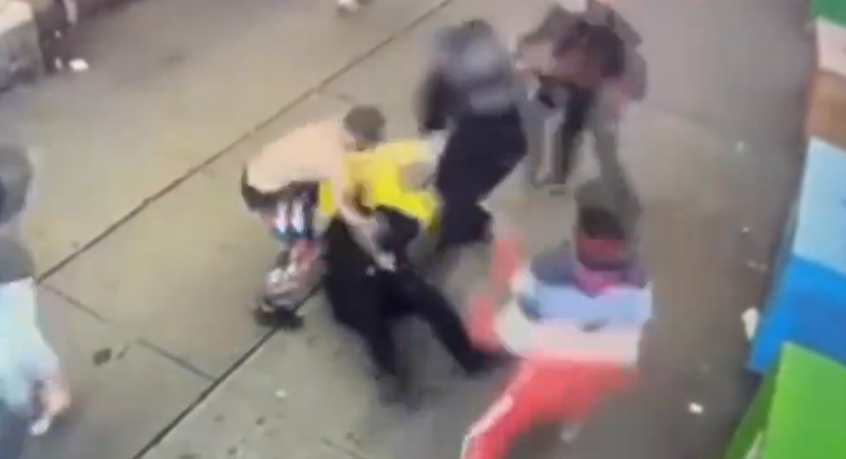Police are failing to enforce city workers’ violations of the system that gives them thousands of free parking permits each year, with city servants allowed to park illegally across the five boroughs without facing consequences, according to a watchdog report released on Wednesday.
The city Department of Investigation’s report bolsters on-the-ground accounts that city workers brazenly abuse parking permits and that citizen complaints are ineffective. The NYPD closed nearly a quarter of 311 complaints about parking permits in 20 minutes or less, and no official action was taken against half of all complaints, according to the report.
“DOI found that 91% of the 311 complaints for parking permit misuse did not result in a summons,” the report said. “A 20-minute timeframe is so tight as to raise questions about whether [the] NYPD took sufficient steps to address the complaint.”
DOI Commissioner Jocelyn Strauber said in a statement that parking permit abuse creates dangers for both pedestrians and drivers, and that lax enforcement by police “sends a message of special treatment that weakens public confidence in city government.”
Parking permits are designed to allow city workers to park in no-parking and no-standing areas so they can conduct official business. They do not allow cars to double park or illegally park in front of fire hydrants or bike lanes.
Mayor Eric Adams’ office did not immediately respond to a request for comment. An NYPD spokesperson said the department was reviewing the findings and would “carefully consider the recommendations.” Spokespeople for the city’s education and transportation departments said their agencies would review the report and work with other agencies to improve compliance with the rules for the parking permits.
The city issues tens of thousands of parking permits annually, according to the DOI. The city issued more than 95,000 total permits in 2022, with 40,000 of them issued by NYPD, 30,000 issued by the education department, and 26,000 issued by the transportation department.
The permits are supposed to be renewed yearly, but with scant enforcement it’s unclear how many expired permits are in circulation.
The report found that under Mayor Michael Bloomberg, the number of parking permits declined roughly 20% from the estimated 70,000 that had been issued before 2008, due to a mayoral initiative. But the next mayor, Bill de Blasio, was required to increase the number of parking permits to education department employees by 50,000 because of an arbitration ruling with school staff unions.
While de Blasio announced various reforms to the city’s management of parking permits, including stricter enforcement, a dedicated NYPD unit, and a “three-strike policy” for alleged permit abusers, the DOI found that “many of these reforms did not materialize or have since been abandoned.” The three-strike policy was only enforced with summonses about 30% of the time, per the report.
The DOI collected the data analyzed for the report, which stated that the NYPD’s own “street evaluation data was incomplete and did not appear to accurately reflect the likely state of the streets considering the number of complaints about illegal parking and permit misuse reported by [the] NYPD.”
The lack of enforcement was especially apparent outside police stations, according to the DOI. Investigators found dozens of illegally parked vehicles outside the 26th and 34th precincts in Upper Manhattan, while the NYPD found none.
“That sets the tone for the rest of the city where illegal parking is an epidemic, and it’s getting worse with all kinds of safety and congestion impacts,” Jon Orcutt, a transportation advocate and former policy director for the DOT, said in a phone interview.
City investigators recommended that the three permit-issuing agencies phase out physical parking permits and switch to scannable bar codes. They also called for NYPD officers to actually respond to 311 complaints.
“Given the circumstances, it’s a reasonable recommendation,” Orcutt said, “but what’s really needed is a mayor who cares about this stuff, who’s going to say no more.”


Leave a Reply